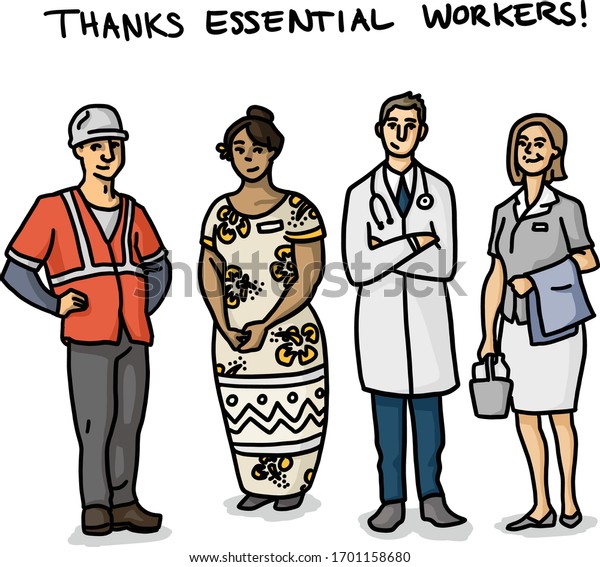
Oh, Jesus. He shows up in the darndest
places, doesn’t he? Of course, like those sad disciples trudging their despondent
way back to Emmaus in the gospel lesson appointed for Easter 3, Year A (Luke
24:13-35), we don’t always recognize him. Maybe he’s been disguising himself as
a healthcare worker or a supermarket employee or a delivery driver or an online
teacher or even a friendly neighbor—any number of folks who, during this
covid-19 pandemic, have been sacrificially putting themselves at risk out of a
loving regard for the rest of us. Maybe our eyes have been kept from seeing
him, but make no mistake, he is certainly present. I always feel that my job as
a Christian is to see Jesus in others and to be Jesus for others. If I can’t
see him, I won’t be able to be him.
What I’ve always liked about this gospel
story in Luke is that it takes place in the midst of a journey. That’s a pretty sweet metaphor, don’t you think? Jesus
meets us while we’re on the road, while we’re not yet settled or at rest. He
just loves that liminal time when we’re not quite comfortable. I imagine
Cleopas and that other disciple were pretty bummed out when they made that post-Passover
trip back to their home in Emmaus. They must’ve been filled with both grief for
Jesus and great disappointment. When the thing you’ve hoped for turns to crap,
you find yourself wandering around wondering what to do next. Do you start
over? Do you look for something new? Do you get mad, say "screw it!” and
assume there’s no point in hoping for anything ever again?
Then along comes a stranger who makes you
see something in a new light. He might ask, “Was it not necessary that he Messiah should suffer these things and then enter
into his glory?” After all, all of the prophets suffered. The children of
Israel suffered as slaves in Egypt, captives in Babylon, and vassals of a host
of conquerors. Could anybody in Israel ever really relate to a Messiah who didn’t
know what suffering was about? Suffering sucks, but it also leads to wisdom.
And it leads to compassion and empathy and the comfort of knowing that you’ve
been understood. God couldn’t give us a Messiah who couldn’t look us in the eye
and say, “Yeah. Dude. I’ve been there.”
When Cleopas and his buddy get back to
Emmaus, they do a pretty cool thing. The strange guy they’ve met on the road seems
to have a longer journey to make, but the two disciples realize that it’s
getting on for dinner time, and this guy must be hungry and tired. They welcome
the stranger just as if they were welcoming the Lord. After all, didn’t Jesus
say that when you have done it for one of the least of these, you have done it
for him?[i] So they open their home
and their hearts and—by golly!—there was Jesus right in the midst of them after
all.
You have to give these two guys credit.
Not only were they—in the time of their sorrow, disappointment, and confusion—able
to see Jesus in someone else, they also practiced being Jesus. They were loving, welcoming, and generous. In seeking
to live out Christ within themselves, they had their faith and their joy
restored.
That’s kind of the point. We’re all on the
same road, we’re all unsettled pilgrims unsure of our destination. The safest
rule of the road will be to keep our eyes open for Jesus. You never know when
he’ll show up.
God’s peace. My friend. Thanks again for
reading!
No comments:
Post a Comment